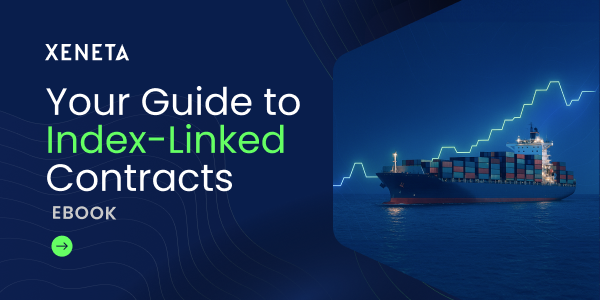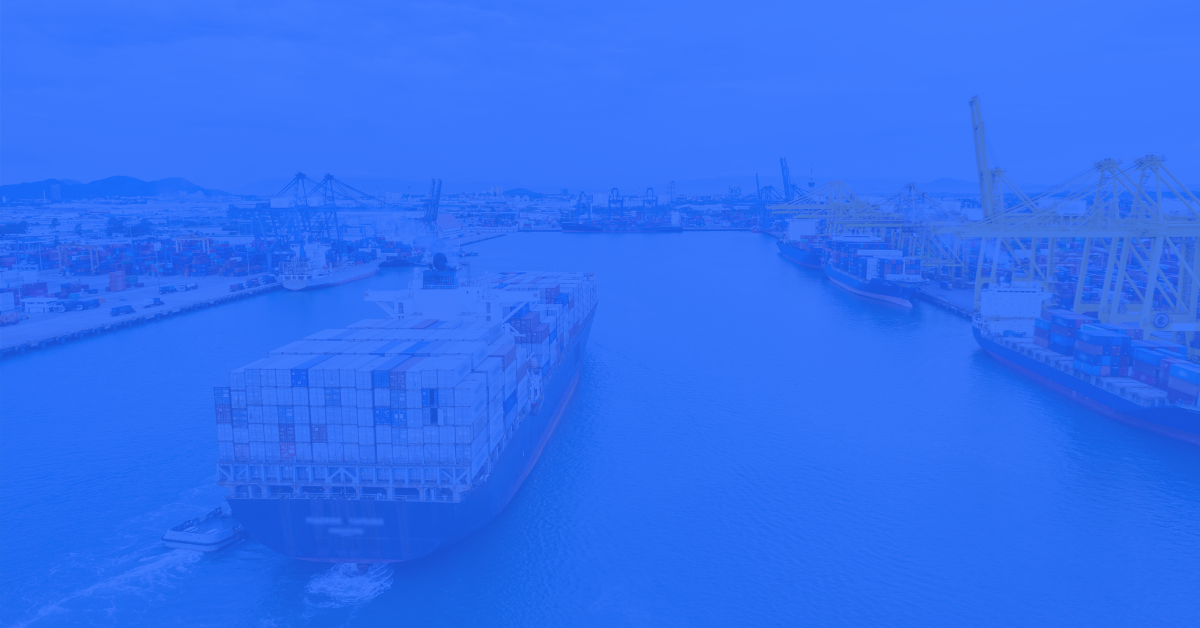What is ISPS, and what does ISPS stand for in shipping? Whether you are an existing importer, exporter, trader, or a novice in the shipping and trading business, you need to know the answers to this before you enter into the business.
Unknown, unforeseen, and unbudgeted shipping and freight costs could mean the end game for your business, so they need to be controlled and monitored closely.
If you have been checking your freight quotes or gone into the anatomy of a freight invoice, you would have noticed a charge called ISPS Charge or ISPS Surcharge or simply ISPS. The ISPS abbreviation stands for International Ship and Port Security, should not be considered just another acronym in the world of shipping otherwise filled with acronyms.
So what does isps mean in shipping terms?This is an essential item with a deeper meaning than some freight-related charges.
What Is The International Ship and Port Facility Security Code (ISPS)?
If you ask yourself the meaning of ISPS, then nicely, ted, after the 9/11 attacks. The IMO (International Maritime Organization) realized that what happened in the air could also occur on the sea or via the sea. Thus, the IMO decided to develop, recommend, and implement security measures applicable to ships and port facilities worldwide.
These measures are termed the International Ship and Port Facility Security Code (ISPS). They are implemented through the International Convention for the Safety of Life at Sea (SOLAS), 1974 chapter XI-2, to enhance maritime security.
Purpose of ISPS Code
The primary objective of the ISPS Code is to provide a standardized, consistent global framework across the maritime world. This will enable the countries that have subscribed to the code to evaluate, detect and assess the security risks to the ships calling at their ports and take appropriate measures to determine the security levels they must follow and the related security/preventive measures to be taken.
- to institute respective roles and responsibilities of all parties (governments and government agencies subscribed to the code, port administration, and the shipping and port agencies) concerned, at a global and domestic level, to ensuring maritime security
- to exchange/share relevant security-related information
- to assure shipowners that adequate and proportionate maritime security measures are in place for their ships
In terms of the ISPS code, shipping lines, ports, and terminals are required to place appropriate security officers/personnel onboard each vessel, in each port facility, and each shipping company to prepare and put into effect the security plans that will be implemented.
Security levels of ISPS code
The ISPS Code consists of two parts & three levels of security.
The parts of the ISP's code are:
- Part A – These are mandatory provisions that talk about the employment of security officers in the shipping companies, their ships, and port facilities that they call.
- This also covers various security matters that need to be considered in preparing security plans for the ships and port facilities.
- Part B – These are recommendatory provisions providing guidance and recommendations on how the security plans must be prepared and implemented.
The local port authority implements the security levels under consultation with the government authorities. The security level adopted by the port facility must be coordinated with the ship for synergy.
The three levels of ISPS security are:
- ISPS Security Level 1 – average – the level at which the ships and port facilities operate under normal conditions. Minimum protective measures will be maintained at all times.
- Security Level 2 – heightened – this level will apply whenever there is a heightened risk of a security incident. The security experts will determine this time frame on the ship or at the port facility. At this level, additional security measures will have to be implemented and maintained for that period.
- Security Level 3 – exceptional – at this level, it is considered that a security incident is imminent, and SPECIFIC security measures will have to be implemented and maintained for that time. At this level, the security experts will work in close conjunction with Government agencies and possibly follow specific protocols and instructions.
Why is ISPS charged, who charges it, and who pays for it?
The ISPS code must be implemented in its fullest form to ensure the safety and protection of all concerned. For a shipping line and port, it means additional expenses for the employment of qualified and trained personnel capable of implementing the security measures required by the code.
Many workforces, planning, and equipment go into implementing the ISPS code and ensuring the safety and security of the ship's crew and the staff in the port.
To cover these costs, the shipping lines charge the ISPS surcharge.
A customer might get charged ISPS surcharge in Carrier Security Fee and/or Terminal Security Charge.
As the name implies, the carrier charges Carrier Security Fee to cover the cost incurred in implementing the ISPS code.
As the name implies, Terminal Security Charge is charged by the port to the carrier to cover the cost incurred in implementing the ISPS code at the relevant port/terminal.
Typically the ISPS charges form part of the freight quote and are required to be paid along with the freight; therefore, whoever pays the freight (shipper or consignee) will also pay the ISPS surcharge.
The quantum of the ISPS charges is set by the line depending on the port of call as some of these costs are variable.
Bearing in mind the constant threat of maritime piracy hanging over our heads, initiatives like ISPS provide us with much-needed comfort in protecting the cargo, crew, and ships. Although this may come at a cost currently, such initiatives have been designed to protect and benefit us in the long term.
Want to learn more?
Watch our latest State of the Market webinar to review short- and long-term market changes to understand larger trends and pull actionable insight.
.png)



-1.jpg)





